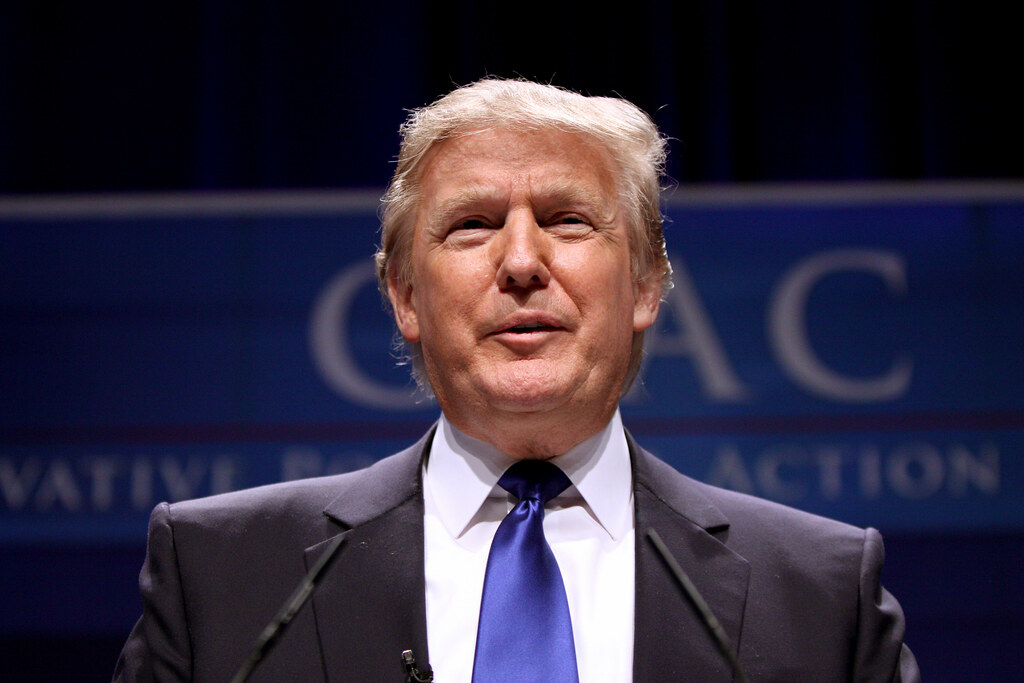High Court’s Involvement in 2024 Presidential Campaign
The Supreme Court announced on Friday its intention to decide on the eligibility of former President Donald Trump to appear on the 2024 presidential ballot due to his endeavors to overturn the 2020 election results. This move firmly entrenches the court into the landscape of the upcoming 2024 presidential campaign.
Urgent Decision Required Ahead of Primaries
Acknowledging the pressing need for a prompt resolution, the justices highlighted the imminent commencement of presidential primary balloting nationwide. Agreeing to hear Trump’s appeal of a case originating from Colorado, which traces back to his involvement in the events culminating in the Jan. 6, 2021, attack on the U.S. Capitol, the court emphasized the urgency of the matter.
To expedite proceedings, arguments are scheduled for Feb. 8, a rare occurrence during the court’s nearly month long winter recess. The swift deliberation could potentially yield a decision before Super Tuesday on March 5, a pivotal date where numerous delegates, including those in Colorado, will be up for grabs.
Former President Trump, speaking at a campaign event in Iowa, expressed his desire for fairness, stating, “All I want is fair. I just hope that they’re going to be fair.”
First-Time Scrutiny of the 14th Amendment Provision
The Supreme Court’s deliberation marks the inaugural examination of a provision within the 14th Amendment that bars individuals who have “engaged in insurrection” from holding public office. Enacted in 1868 post the Civil War, this provision has rarely been invoked, leaving it unprecedented for the nation’s highest court to interpret its implications.
Rulings Leading to Trump’s Ballot Exclusion
The Colorado Supreme Court, by a narrow 4-3 margin, previously ruled against Trump’s inclusion on the Republican primary ballot, utilizing the 14th Amendment. This decision marked the first instance of the 14th Amendment being invoked to disqualify a presidential aspirant.
Separately, Trump is contesting a ruling by Maine’s Democratic secretary of state, Shenna Bellows, who declared him ineligible for the state’s ballot due to his involvement in the Capitol attack. Both decisions are temporarily halted pending ongoing appeals.
Implications of the High Court’s Intervention
The Supreme Court’s intervention, actively advocated by both parties, presents the most direct involvement in a presidential election since the landmark Bush v. Gore case in 2000. The lone remaining justice from that era is Clarence Thomas.
While three of the nine justices were appointed by Trump, their decisions haven’t uniformly aligned with his interests in election-related lawsuits or efforts to withhold Jan. 6 documents and tax returns from congressional scrutiny.
Key Arguments and Challenges Ahead
Trump’s legal team contends that his actions on Jan. 6 do not constitute an insurrection and assert that the insurrection clause doesn’t apply to a sitting president, calling for Congressional intervention instead of individual state actions.
Meanwhile, critics of Trump’s efforts agree on the urgency of the case, emphasizing the imperative for a swift resolution given the impending primary schedules.
The Supreme Court has also declined to promptly address Trump’s claims of immunity in a separate case involving the 2020 election. Moreover, an appeal that could significantly impact charges arising from the Capitol riot, including those against Trump, is slated to be heard.
Potential Far-Reaching Ramifications
The court’s imminent decision could potentially reverberate across the electoral landscape, profoundly influencing the unfolding 2024 presidential campaign and the eligibility criteria for future contenders.





